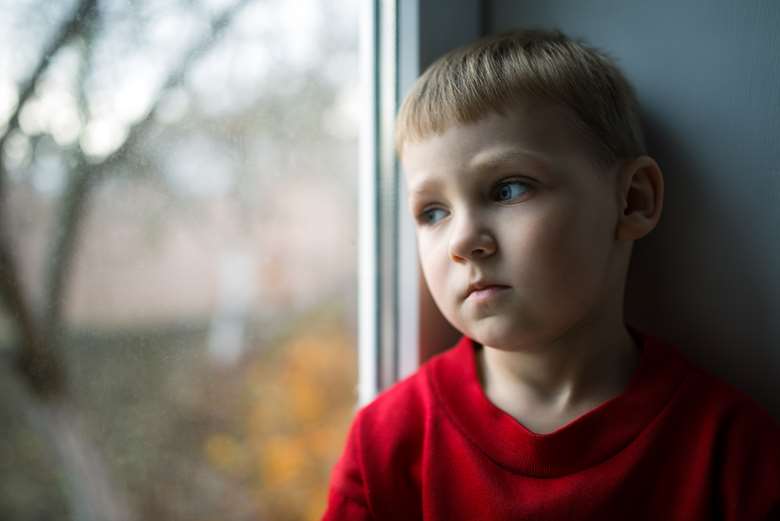Fears the pandemic pushing children further into poverty
Nicole Weinstein
Wednesday, October 14, 2020
Children growing up in poverty are living on a ‘cliff edge’ and the pandemic will sweep them ‘further into danger’, a new report which details the rising rates of child poverty in the UK, has revealed.

The End Child Poverty Coalition published data today outlining the scale of the challenge faced by Government if it is to realise its ambition to ‘build back better’ and level up opportunities for children across the UK.
Its research, carried out by Loughborough University, shows that child poverty has risen fastest in parts of the Midlands and Northern towns and cities in the past four years, with rates in Middlesbrough and parts of Tyneside soaring by over 10 percentage points since 2014/15.
The greatest concentrations of children living in poverty are in London, with London boroughs and parts of Birmingham dominating the list of local authorities where child poverty is highest. In a dozen constituencies in London and Birmingham, more than half the children are living below the poverty line, once housing costs have been taken into account.
Anna Feuchtwang, chair of End Child Poverty which commissioned the research, said that the Government can be in no doubt about the challenge it faces if it is serious about ‘levelling up’ disadvantaged parts of the country.
She added, ‘This new data reveals the true extent of the hardship experienced by families on low incomes – the overwhelming majority of which were working households before the pandemic. The children affected are on a cliff edge, and the pandemic will only sweep them further into danger.’
The impact of poverty on children is well documented with children from low-income families more likely to experience worse physical and mental health; do less well in school and have fewer opportunities in the future.
In the past, low incomes were counteracted by cheaper housing costs, but during the five years leading up to 2018/19, rents in other parts of the country have risen by the same amount as in the capital, so in places where incomes are being depressed, this is less likely to be offset by falling relative housing costs.
Many of these families find that once their housing costs are paid, they do not have enough money to meet their children’s needs and are left no option but to turn to food banks are increasingly reliant on free school meals.
The coalition is calling on the Government to recognise the scale of the problem and its impact on children’s lives and is urging ministers to set out an ambitious plan to tackle child poverty encompassing not only social security spending but the high cost of housing and childcare and investment in children’s services.
Ms Feuchtwang said, ‘The Prime Minister must urgently admit to the true extent of child poverty in our country rather than resorting to his own inaccurate statistics. An ambitious plan to put this shameful situation right would be transformational for millions of children. As a matter of urgency we are calling on the Chancellor not to go ahead with planned cuts to Universal Credit which would see families lose out on £1,000 a year. Given today’s data, this cut is unconscionable.’
End Child Poverty is calling for an urgent Government plan to end child poverty including:
- Uprating of housing assistance in line with inflation
- Retain the £20 uplift in Universal Credit introduced at the start of the pandemic, which the Government has indicated will end in April 2021 (a move supported by over 63,000 people and counting who have signed a petition to the Government)
- End the benefit cap and the two-child limit on benefits
- Invest in all children with an increase to child benefit
- Extend Free School Meals to all families in receipt of Universal Credit and those with No Recourse to Public Funds
The full report ‘Local indicators of child poverty after housing costs, 2018/19’, as well as tables with local data, are available at www.endchildpoverty.org.uk







